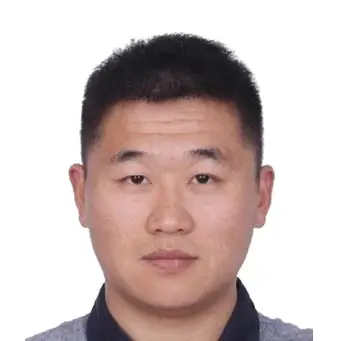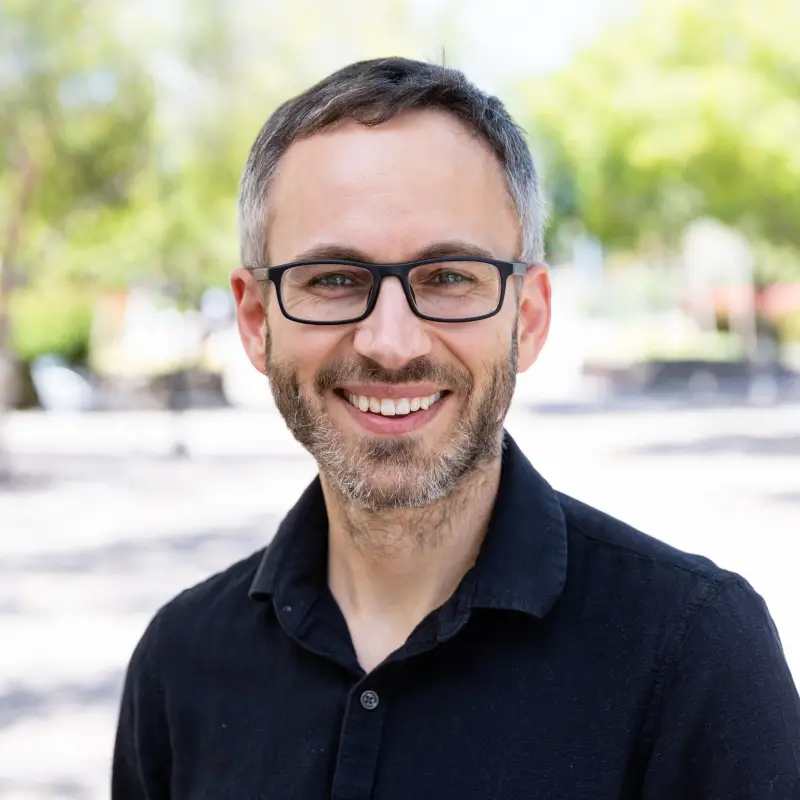My laboratory is striving to improve our understanding of the biology of human immune-mediated diseases, with a focus on the impact of genetics on immune cell function. We have developed a number of techniques to elucidate the genetic mechanisms that are relevant to disease pathogenesis and allow us to identify and validate novel candidate genes for diagnosis and therapeutical targeting.
In my post-doctoral work in the Vijayanand Lab at La Jolla Institute for Immunology (LJI), I studied the role of genetics in immune cell function to probe the genetic basis of asthma and other autoimmune diseases, and I identified causative genetic and epigenetic mechanisms involved in the pathogenesis of various immune-mediated diseases. Importantly, we established the NIH-funded DICE (Database of Immune Cell Expression, Expression quantitative trait loci [eQTLs] and Epigenomics) project to understand the role of common genetic variants in human disease on a genome-wide level. The generation of reference transcriptomic and epigenomic maps in immune cell types is allowing us to identify causal genetic variants, regulatory mechanisms and novel target genes implicated in the pathogenesis of human disease (Schmiedel et al., Cell, 2018; Chandra et al., Nature Genetics, 2021; Schmiedel et al., Nature Communications, 2021; Schmiedel et al., Science Immunology, 2022).
Expanding on these findings, my laboratory is pursuing ambitious and innovative research programs:
Firstly, our translational research program aims to identify and validate relevant cell types and novel candidate genes for therapeutic intervention of autoimmune diseases, with a particular focus on diseases with sex bias (e.g., inflammatory bowel disease [IBD], asthma, chronic obstructive pulmonary disease (COPD), and systemic lupus erythematosus [SLE]), and immune-mediated neurodegenerative disorders (e.g., Alzheimer’s Disease and Parkinson’s Disease). As part of this program, we are currently studying the function, expression, activation, and regulation of LSP1 in CD4+ T cells, and LSP1’s role in the differentiation and pathogenic function of CD4+ T cells in IBD (NIDDK; R01DK135683).
Secondly, our basic research program aims to determine the regulatory effects of genetic variants that perturb transcription factor (TF) binding on gene expression in human immune cells. This unbiased approach is expanding the universe of functional genetic variants in the human genome, and will enhance our understanding of the causal genetic variants and molecular mechanisms perturbing gene expression, chromatin organization and immune cell function, and driving disease risk. As part of this program, we are studying the genetic basis of COVID-19 severity, focusing on defining functional risk variants linked to the expression of two causal candidate genes (OAS1 and IL10RB) in immune cells (NIAID; R21AI173927; funding pending).
The overall goals of our research programs are to identify novel gene candidates in immune cells, investigate their expression, regulation and function, and design strategies to improve diagnosis and develop new therapy options for immune-mediated diseases in humans.




